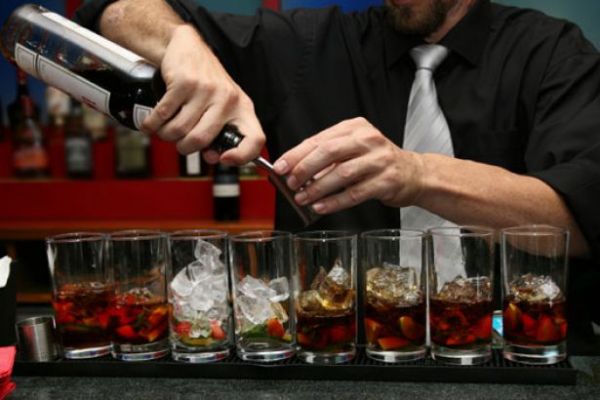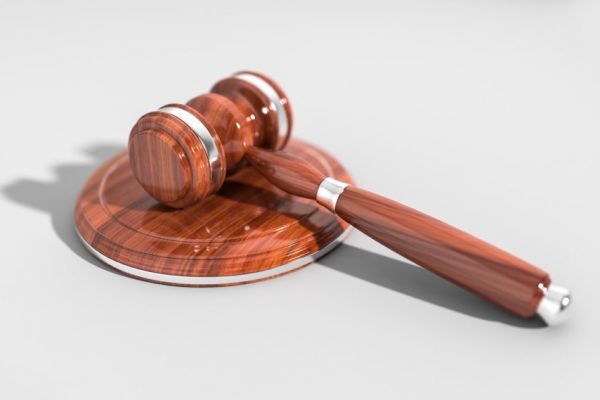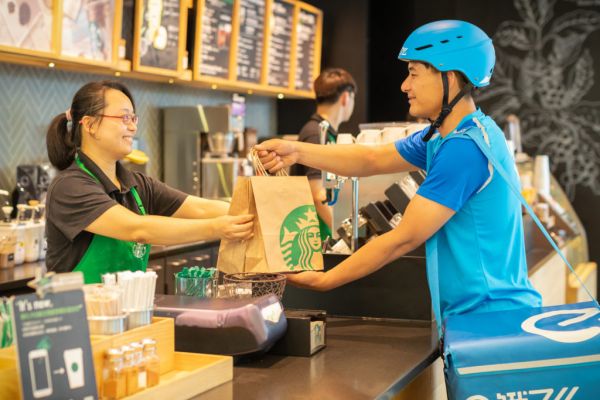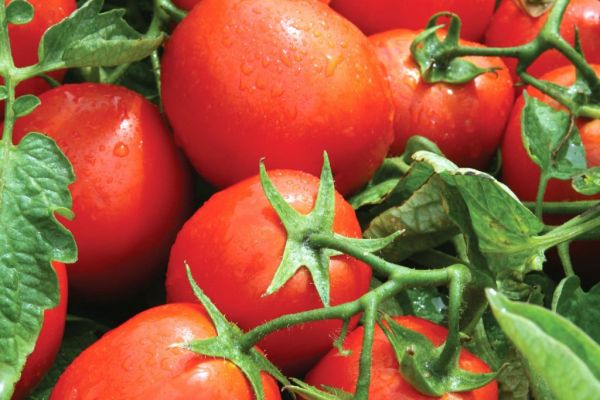Diageo is considering increasing its majority stake in Indian whiskey producer United Spirits, people familiar with the matter said, as the British maker of Johnnie Walker scotch strengthens its hold on the Asian country’s growing liquor market.
Diageo is weighing an open offer to the other shareholders in India’s biggest spirits maker, according to the people, who asked not to be identified because the information is private. Diageo has a 55 percent stake in United Spirits, which has a market value of about $4.7 billion, according to data compiled by Bloomberg. No final decisions have been made and the company may decide against buying more shares, they said.
If completed, the deal would help Diageo build on its lead in the world’s largest whiskey market by volume, while pushing its other brands such as Smirnoff vodka and Guinness beer sales through United Spirits’s established and vast distribution network. Whiskey consumption in India is on the rise, aided by an expanding middle class and young demographics.
The British company has been considering an increased stake for several months, the people said. The decline in United Spirits shares, which have fallen 22 percent in the 12 months through Tuesday, has made such a move more attractive now, one of the people said.
A representative for United Spirits directed questions to Diageo. Diageo declined to comment.
United Spirits shares rose as much as 7.1 percent to 2,232.80 rupees in Mumbai on Wednesday to the highest intraday level since Nov. 2, after surging 6.5 percent a day earlier. Diageo rose 0.5 percent at Wednesday’s open in London, rebounding from two days of losses.
Under Indian stock market regulations, Diageo could raise its stake to just under 75 percent without triggering a delisting offer. The current value of a 20 percent stake in United Spirits is about $940 million.
“The strategic rationale for such a transaction seems compelling, and we believe the timing would make sense,” Morgan Stanley analysts led by Olivier Nicolai wrote in a note Tuesday, citing United Spirits’s recent share under-performance amid concerns including regulations and a pending goods and service tax in India.
Sales at the Indian company has stalled since growing 13.3 percent in the year ended March 2013, and is expected to rise just 3.9 percent in the year ended March 2017, according to the average of 20 analyst estimates compiled by Bloomberg.
Growth Driver
India “is an important driver of growth” for Diageo and a key area of focus in the current fiscal year, the British distiller’s Chief Executive Officer Ivan Menezes said in July, when he reiterated the company’s medium term goal for double-digit growth at United Spirits.
The U.K. distiller agreed to acquire a stake in United Spirits, the maker of McDowell’s No. 1 whiskey and Romanov vodka, in 2012. It bought a further 26 percent stake through an open offer in 2014 for 3,030 rupees a share to raise its holding to 54.8 percent.
Diageo “will have to show some solid results by acquiring further control at lower cost” after its pricey stake acquisition in 2014, said Arun Kejriwal, founder of advisory firm Kejriwal Research & Investment Services Pvt.
A deal would appeal to Diageo, which “may be able raise its market share in India by selling more of its own brands through United Spirits,” Bloomberg Intelligence analyst Catherine Lim said. Prospects for whiskey consumption in India is attractive, projected to rise 3.6 percent on average annually from 2017 to 2020, compared with an average decline of 0.5 percent in China, she said.
The parent company had been at odds with United Spirits’s former Chairman Vijay Mallya, asking the Indian businessman to resign in 2015 after an internal investigation found that company funds were diverted to other entities under his control. Mallya initially refused to quit, denying any wrongdoing. The two sides reached an agreement last year that paid the executive $75 million not to compete or interfere with the company for five years, and he resigned with immediate effect in February.
News by Bloomberg, edited by Hospitality Ireland









